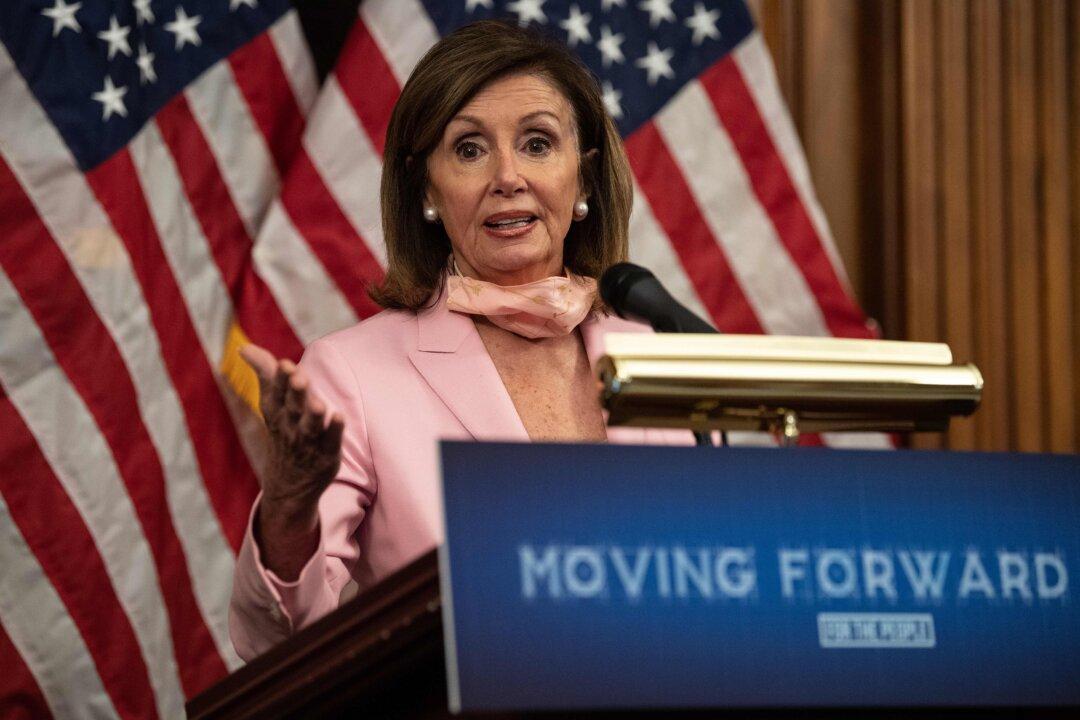House Democrats are poised to vote on their $1.5 trillion infrastructure bill this week, which is guaranteed to pass in the Democrat-controlled House but faces gridlock in the Senate.
The infrastructure legislation, H.R.2, The Moving Forward Act, allocates billions of dollars for a variety of improvement projects such as $300 billion for highways and bridges, $100 billion for broadband internet, $130 billion for “high-poverty” schools, $70 billion for renewal energy, and $25 billion for the U.S. Postal Service, among a host of other initiatives.





